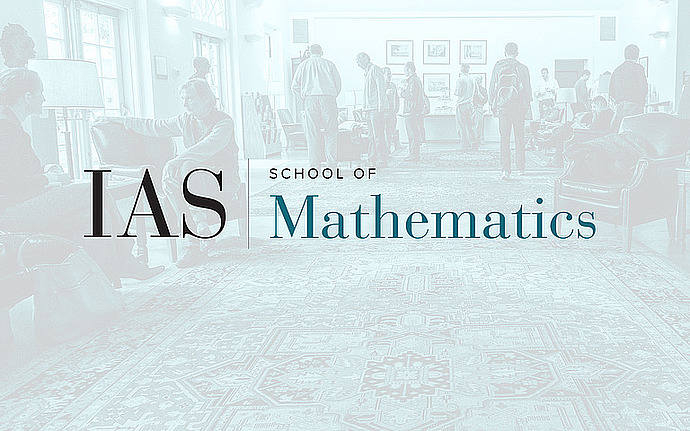
Topics in Analysis
Positive Lyapunov exponents and mixing in stochastic fluid flow. Part II
In this three-part lecture series, we will present a series of works by Bedrossian, Blumenthal and Punshon-Smith on the chaotic mixing and enhanced dissipation properties of a passive tracer subject to the motion of an ergodic Markovian flow of spatially regular incompressible velocity fields on a compact domain. Such flows crucially include the motion of a velocity field solving the stochastic Navier-Stokes equations in $T^{2}$ (or $T^{3}$ with hyperviscosity), but can be more general or much simpler in character. We will show how tools from the smooth ergodic theory of random dynamical systems can be developed to show that these flows "generically'' give rise to ergodic flows of volume preserving diffeomorphisms (Lagrangian flow) that have a positive Lyapunov exponent and are almost surely exponentially mixing. Moreover, when diffusion is added, they exhibit optimal enhanced $L^{2}$ dissipation, whereby the interaction between advection and diffusion causes a passive tracer to decay on much faster time scales than the heat equation. This enhancement time scale is optimal in the class of Lipschitz velocity fields and provides the first examples of flows with such properties beyond the uniformly hyperbolic setting.
In Lecture 2, we will overview key tools from the smooth ergodic theory of random dynamical systems developed by Furstenberg, Oseledets, L. Arnold, Baxendale, Ledrappier and many others. Particularly, the multiplicative ergodic theorem, relative entropy lower bounds on Lyapunov exponents and rigidity of linear group actions on projective space. We will show that, for a broad class of stochastic fluid motions, the top Lyapunov exponent of the induced flow of volume preserving diffeomorphisms must either be strictly positive, or is very degenerate in the sense that its linear motion preserves a finite union of planes or is an isometry with respect to a certain Riemannian metric. To avoid technical details related to stochastic PDE, an emphasis will be given to proving this for the "minimal example" of random Stokes flow on sufficiently many modes, as well as a complete account of the simpler case of iid matrix products in the pioneering work of Furstenberg.